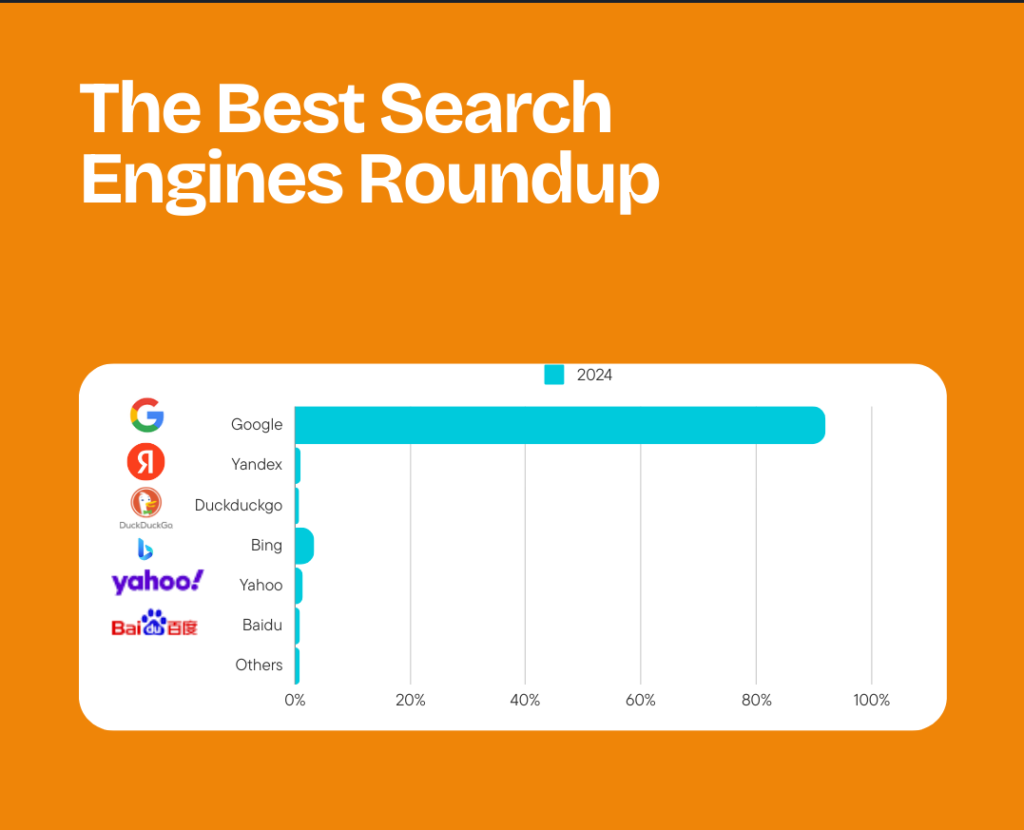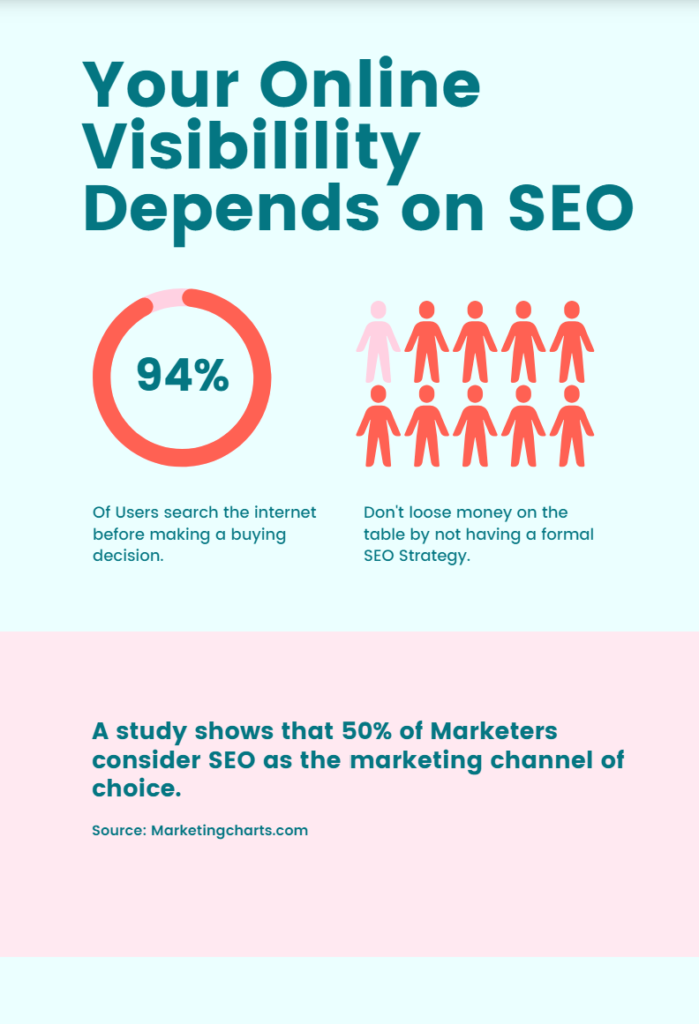SEO Fundamentals
Are you a business owner who is looking to build their business online?
Then you’re at the right location to understand what is SEO and how it can help you scale your bottom line.
Understanding the Basics of Search Engine Optimization (SEO)

SEO stands for search engine optimization.
It’s ultimately the process of designing, creating and publishing that search engines like Google will love and subsequently those content pieces will rank higher on Search Engine Page Results (SERPs).
There are over 1500 search engines online but we’ll restrict our discussion to Google being the major one.
All these search engines have their own variation of how the search engine works.
We are restricting our discussion on SEO to Google because it is the major player in the ecosystem with over 3.1 trillion searches happening on the platform every year.
Objectives of Search Engines
Since it’s inception in 2005, Google has become the question and answer provided of choice online.
Google makes money when a user searches for a topic or question and the relevant results are displayed with the sponsored listings above in the response page.
When a user clicks on the advertised result that’s when Google makes money.
So the concept of SEO is to provide great responses to peoples questions so that they keep on coming back to the platform for all their questions in the future as well.
So Google needs to ensure they provide responses that are aligned with their users demands.
For example, if a user is looking for a lawn mower and they get a product recommendation for a Nintendo 360 that would make the users experience not worthwhile at all.
Which would make more and more people stop using Google as a platform of choice for search results.
Which means if users don’t land on their platform then Google makes less money.
So the number overarching goal of search engines is to have the best results at the very top.
Right below these sponsored ads are the organic results on Google.
These rankings for organic results are achieved by what is properly known as Search Engine Optimization.
Importance of SEO for Businesses

We’re all time poor people & we don’t have time to scroll through loads of search results to find something relevant that satisfies our search request.
In addition, 94% of users search the internet before making a purchase.
This is where SEO comes in as the core digital marketing strategy that will make your business more discoverable and boost your traffic to people genuinely interested in your offering.
Some of the core reasons that highlight the importance of SEO includes:
- – SEO improves user experience by giving users what they want, when they make that search.
- – Users trust search engines like Google.
- – SEO puts you in front of your competition by allowing you to learn from your competitors strategies and going one up.
Crawling, Indexing and Ranking
Crawling i.e. How Google Discovers Content on the Internet

Google employs specialized programs known as spiders to navigate the web. These spiders are instrumental in content discovery. Initially, a spider begins its journey on a webpage, meticulously examining its content. Subsequently, it follows the hyperlinks on that page, delving into the content of linked pages.
This process continues recursively, with each link leading to further exploration of content. The spiders persistently crawl across the vast expanse of the internet, tirelessly expanding Google’s indexed repository to encompass a staggering portion of online content.
Indexing, or How Google Stores Crawled Content
Ranking, or how Google’s Algorithm Prioritizes Indexed Pages
Ready To Transform Your SaaS Business?
Contact us today to schedule a free consultation and learn how our SaaS marketing agency can help you grow.
LET'S DISCUSS YOUR PROJECT

Ready to speak with a marketing expert?Give us a ring
+92-317-8886999
Kickstart Co-Working Space, Islamabad
© 2023 CONVERTBUNNY. ALL RIGHTS RESERVED
/CONVERTBUNNY